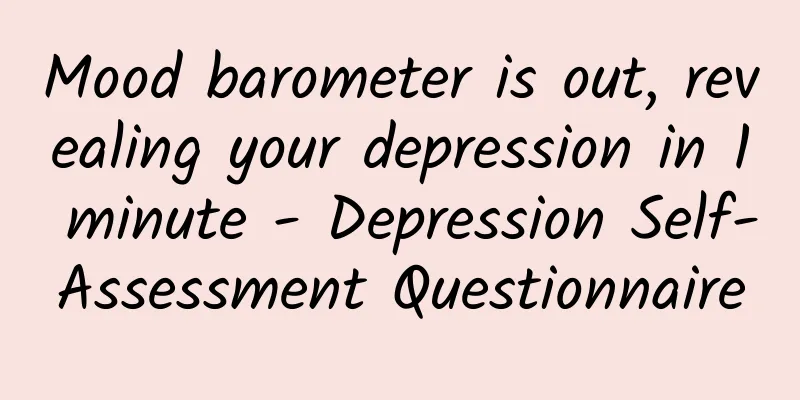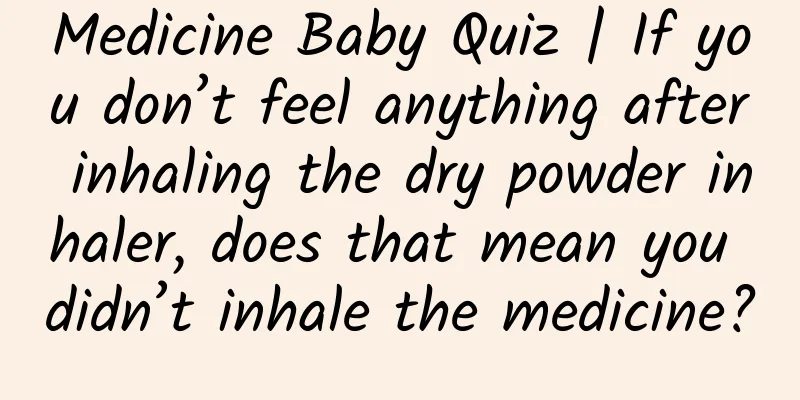How long after the follicle ruptures will you get pregnant?

|
After the ovary ruptures, you need to have sex as soon as possible, because the follicle generally survives for 24 hours. If you can have sex as soon as possible, you can increase the chance of conception. Therefore, it is recommended that women have sex on the date of ovulation to help successful conception. 1. The follicle survives for 24 hours. I suggest you have sex during early pregnancy, as sperm survival time is 3 days. 2. A woman's ovulation date is generally about 14 days before the next menstrual period. The egg can survive for 1-2 days after being released, and the sperm can survive in the female reproductive tract for 2-3 days. The fertilization ability is mostly within 24 hours after ovulation. After 2-3 days, the sperm loses the ability to combine with the egg. 3. It is recommended to have sex 2-3 days before ovulation and 1-2 days after ovulation, which may lead to conception. This period is called the fertile period or the dangerous period. 4. During the normal ovulation process, a dominant follicle in the ovary develops and matures, ruptures in the middle of the menstrual cycle, discharges the egg, and forms a corpus luteum at the same time. A large amount of estrogen is secreted before ovulation, and a large amount of progesterone is secreted after ovulation. Under the action of estrogen and progesterone, the endometrium changes from the proliferative phase to the secretory phase; the cervical mucus changes from clear and transparent to thick and turbid; and the basal body temperature shows a biphasic characteristic. 5. However, patients with luteinized unruptured syndrome have two characteristics: ① The follicles show signs of maturity, with peaks of estrogen and luteinizing hormone, but the mature follicles do not rupture or release eggs but continue to grow. ② A corpus luteum is formed in the unruptured follicle, which secretes progesterone to act on the cervix and endometrium; the basal body temperature is biphasic. 6. Follicle rupture mainly causes lower abdominal pain, which is a signal that the egg is being discharged from the ovary. Pre-ovulation pain mostly occurs on one side of the abdomen, often when the pressure in the follicle increases; post-ovulation pain is mostly due to the contraction of the uterus and fallopian tubes during ovulation or bleeding during ovulation that stimulates the pelvic organs; abdominal pain occurs before and after the basal body temperature rises. |
<<: Can acupressure for weight loss affect menstruation? Three aspects that affect menstruation
>>: Can moxibustion cure postpartum diseases? Finding the right acupuncture points is the key
Recommend
What causes endometrial thickening during ovulation?
The endometrium is one of the most important comp...
This infectious disease in children can also be contracted by teenagers and adults
Recently, topics such as "whooping cough rea...
Reasons for delayed menstruation after IUD insertion
The IUD refers to the contraceptive ring, which i...
Symptoms of urinary tract infection in women
The special structure of women's urethral ope...
Oral Science | Which deciduous teeth need to be extracted?
When it comes to the baby needing to have a tooth...
Treatment of bilateral lobular breast hyperplasia
Breasts can be said to be the secondary sexual ch...
What causes urethral itching?
Some women feel itchy in their urethra after urin...
What to do if steamed crabs are not cooked (eat more foods that promote digestion and metabolism)
...
What is the normal hcg value for an empty gestational sac?
When a woman is pregnant, her body will undergo s...
Is urine pregnancy test accurate at night?
If an adult woman has sex without taking any cont...
Can I hold my baby during confinement?
During the confinement period, many mothers like ...
How to maintain the relationship between husband and wife? What is the key to maintaining the relationship between husband and wife?
From a psychological perspective, emotion is &quo...
ICU ward: revealing the story behind critical care
The ICU ward is an intensive care unit in a hospi...
How long does it take to detect Down syndrome?
There is actually no cure for Down syndrome with ...









